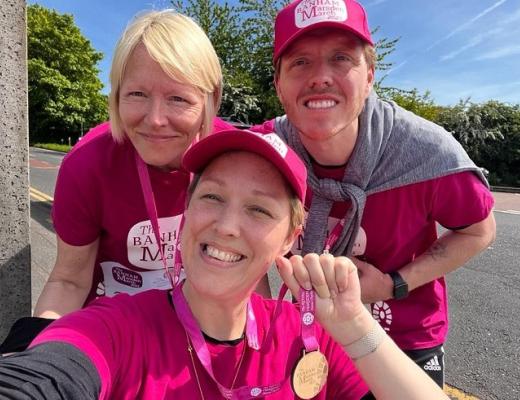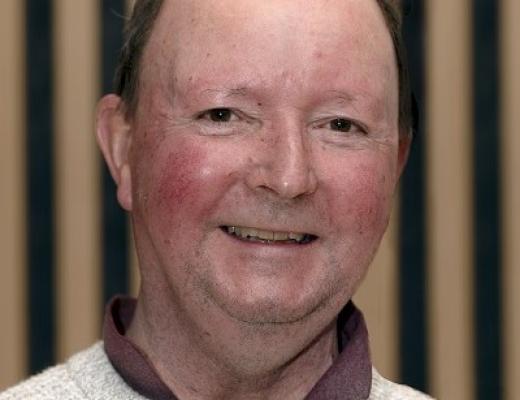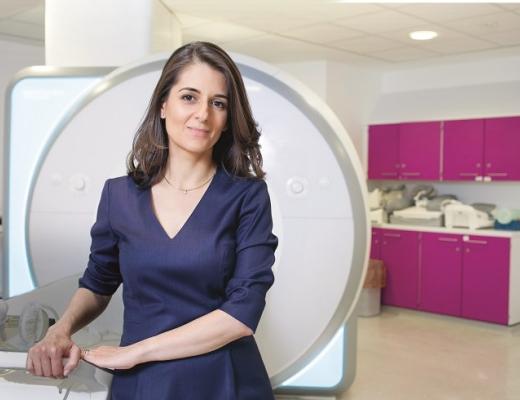“I’m keen to raise awareness of prostate cancer, particularly with men in the Black community”
Richard shares how, thanks to the PROFILE research trial and robotic surgery at The Royal Marsden, his prostate cancer was caught early and successfully treated.
64-year-old Richard from Mitcham was diagnosed with prostate cancer through the PROFILE research study. The aim of this study – led by The Royal Marsden and The Institute of Cancer Research, London (ICR) – is to understand why some individuals, including those of Black African and Black-Caribbean ancestry, are at greater risk of prostate cancer. Understanding the genetics that influence prostate cancer risk could improve the way we screen for the disease in the future, helping more people get diagnosed and treated early.
Joining the PROFILE study and Richard’s diagnosis
“My daughter made me aware of the opportunity to join the PROFILE study. Before this, I didn’t even really know what prostate cancer was. It wasn’t something that was discussed in my family’s circles. My dad had a prostate issue many years back when he was in Nigeria, and he had to undergo surgery to have his prostate removed. At the time, I had no knowledge of what my dad was going through and especially around the fact that prostate issues can be hereditary."
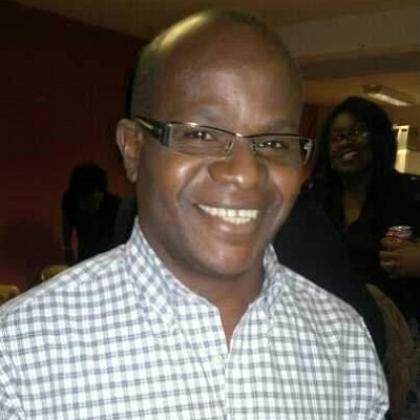
“Prior to joining the study, I had issues with an enlarged prostate, which affected me going to the toilet. My GP had given me medication to help with this, but there was no talk of cancer at this stage. With the study, I had some blood tests done, and was told that I’d be doing the blood tests once a year for monitoring, to check my PSA levels were okay.”
A PSA test looks at the level of prostate-specific antigen present in the blood and can help to detect cancer.
“On my fourth year of being on the study, one of my blood tests came back with an increased level of PSA, which the team wanted to investigate further. Later, I was sent for an MRI scan at The Royal Marsden in Chelsea, which showed a shadow on my prostate. Biopsy results confirmed there was a cancerous mass – I was 63 years old at this time.”
Robotic surgery at The Royal Marsden
Richard underwent robotic surgery under the care of Declan Cahill, using the daVinci robot which was funded by The Royal Marsden Cancer Charity. “When Mr Cahill first explained it would be done via robotic surgery, I was a bit unsure, but he reassured me and said he’d done this same surgery thousands of times. He explained the robotic arms and how precise and targeted the surgery would be. He explained everything well and I felt reassured by the success rates for this type of surgery. I feel the staff at The Royal Marsden were always so understandable, they reassure you and hold your hand through the whole process.”
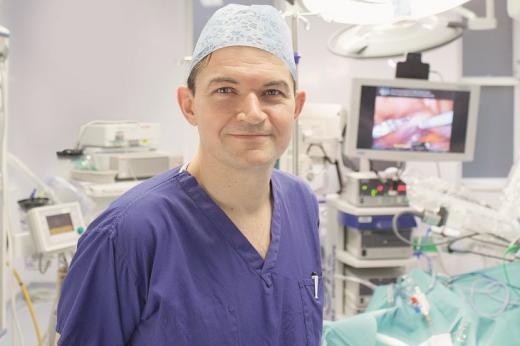
“My recovery was a lot quicker thanks to having robotic surgery, it was a lot easier to manage. I was able to move around a lot quicker and barely had any side effects. After surgery, I had blood tests every three months to monitor how I was doing. My PSA levels in October 2023 showed as zero – so nothing in my test results to worry about at all. I only need to come back for blood tests every six months now.”
Raising awareness of prostate cancer
Thanks to an early diagnosis and successful surgery, Richard is now doing well and is keen to raise awareness of his story, particularly with men in the Black community. Three of his friends have now joined the PROFILE study as a result of his experiences.
“When I first got my diagnosis, I wondered if I would survive to see another year – I had thoughts that perhaps I might not have long left. But now, I’m on top of the world and nothing can stop me! The PROFILE study is yielding such positive results; I would never have known about my diagnosis if it hadn’t been for the trial. I cannot explain how important an early diagnosis is, I don’t know where I’d be now without this."
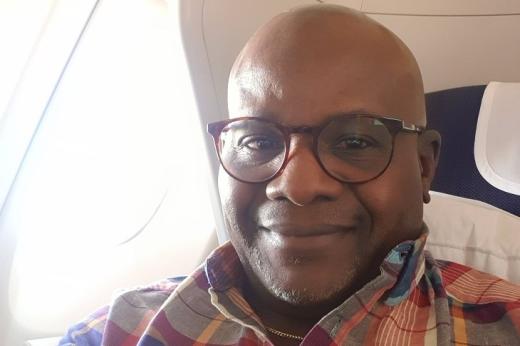
“One of my friends had a raised PSA level on a blood test and I encouraged him to join the PROFILE study, where he went through the process of having scans and a biopsy. Luckily his tumour was benign, but the team have kept him on the study for monitoring as his PSA levels were so high."
“Since my experiences, I feel very passionate about wanting to raise awareness of prostate cancer. I’ve told so many of my colleagues about my experience. Talking also helps me to process what I’ve been through over the last year. Some of my colleagues have had the confidence and courage to ask their GP for a PSA test after they’ve heard my story – something they wouldn’t have even known about before.”
Thanks to our supporters we can fund state-of-the-art equipment that will help transform treatment and care for people now and long into the future.
Find out more about ways you can support us.
Read more inspiring stories on our blog.
